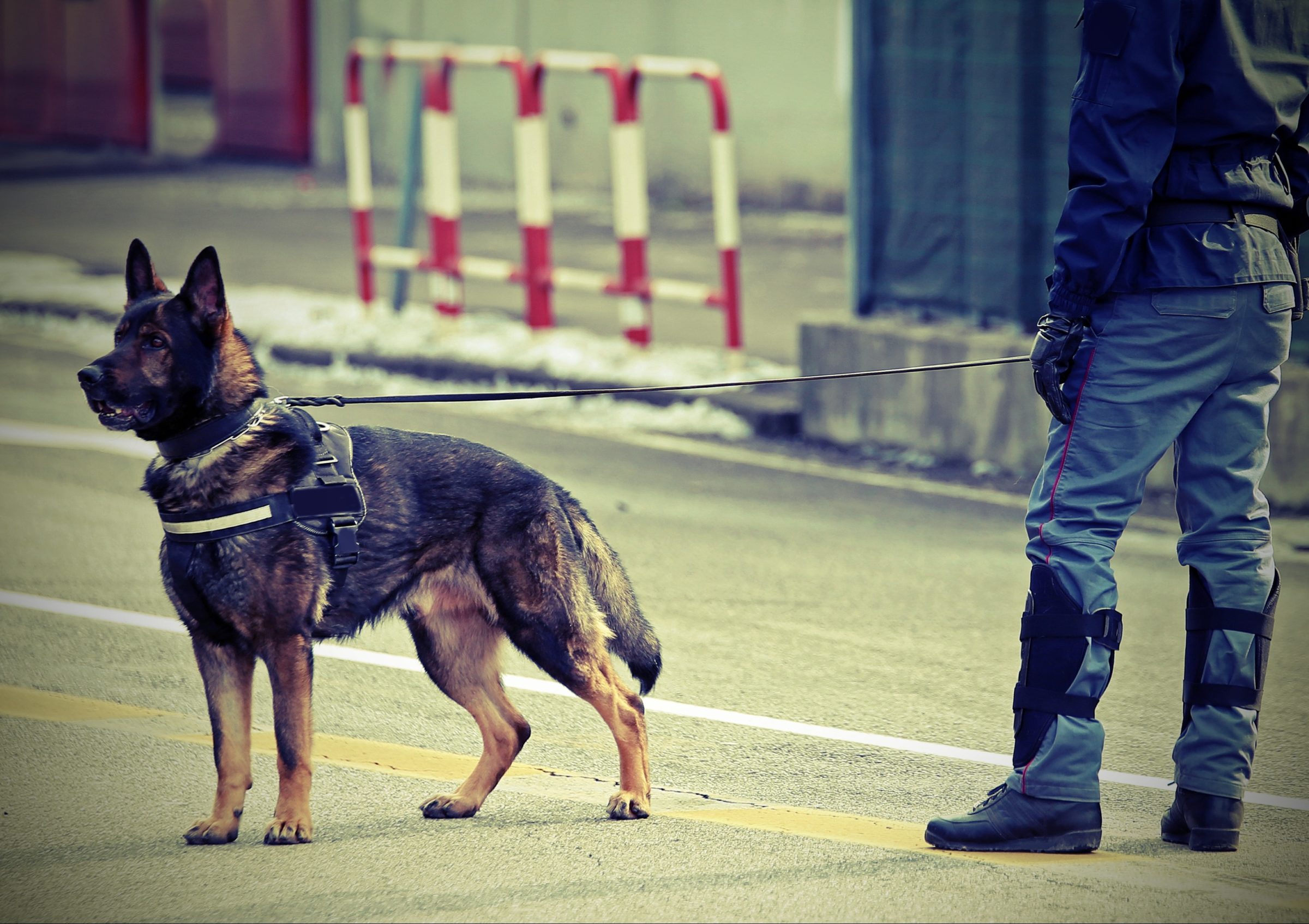

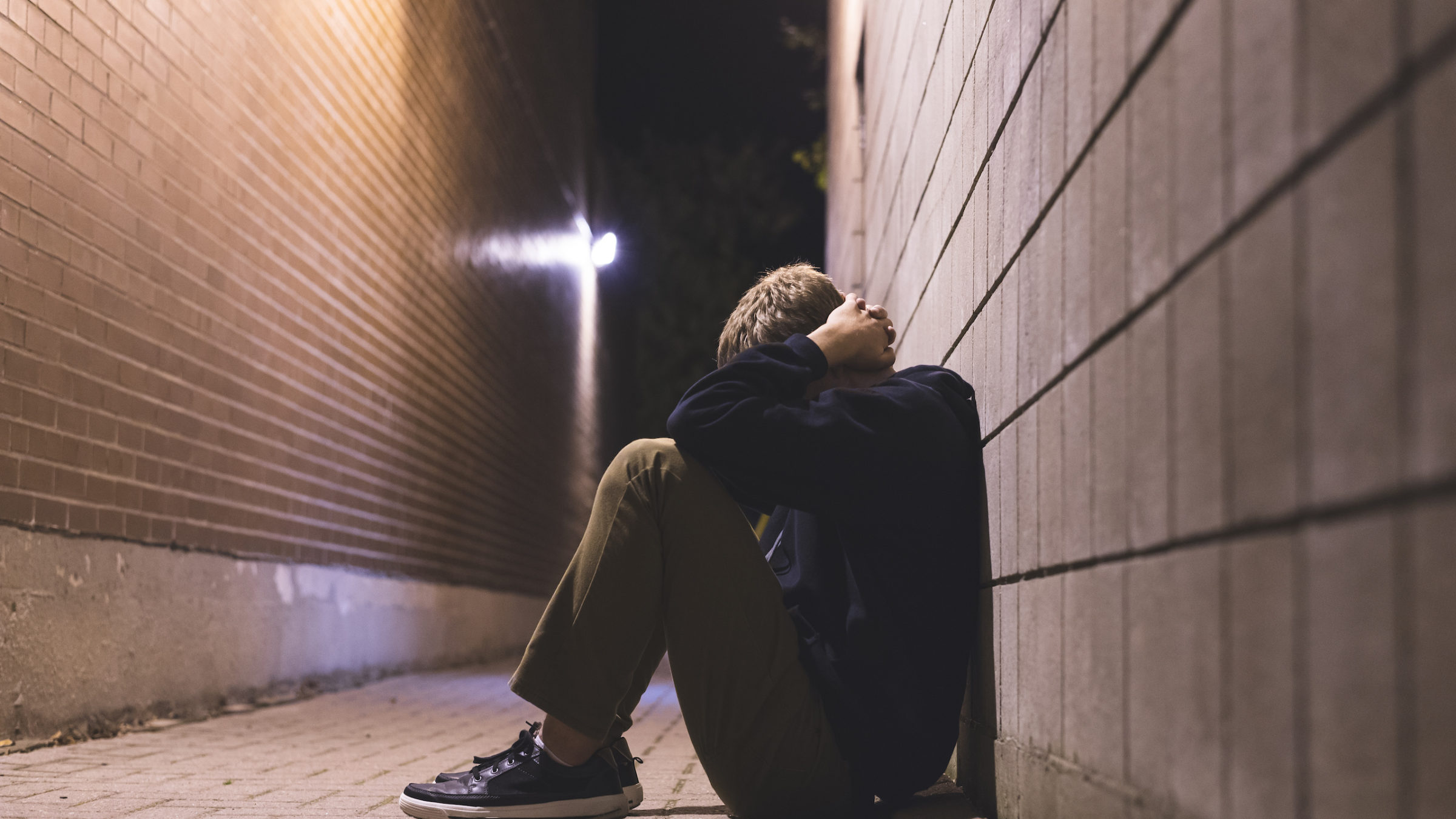
Washington State Police Reforms Fail the Mentally Ill
When Governor Jay Inslee signed into law a dozen new police reforms on May 18, he called them “a moral mandate” that would “create a system of accountability and integrity stronger than anywhere else in the nation.” According to proponents, the new laws are intended to protect citizens from unreasonable uses of force and to hold police accountable when they step out of line. Such reforms swept the nation in the wake of last summer’s demonstrations after the death of George Floyd. But a Facebook post from the Sedro-Woolley Police Department illustrates the way these laws are neglecting some of the most at-need in the state’s communities. “The last Legislative Session in Olympia has resulted in multiple changes in how we do Read More ›

Have Police Reforms Actually Put the Mentally Ill in More Jeopardy?
Discovery Institute’s Caitlin Basset joined Lars Larson to explain how Washington State’s new police reforms, which are intended to protect citizens from excessive uses of force, are actually putting the mentally ill at more risk.
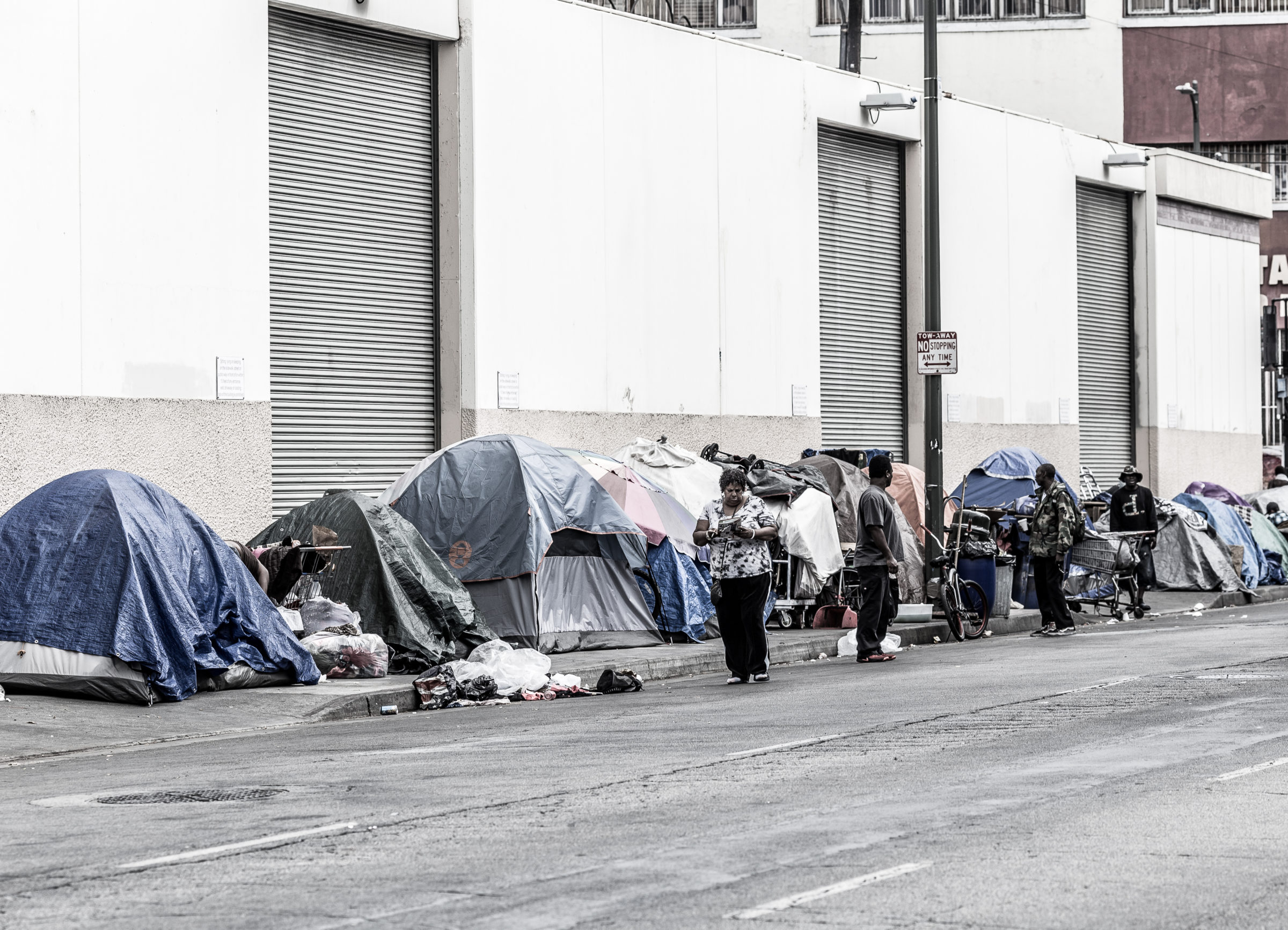
The Invisible Asylum

“Safe Injection Sites” Aren’t Safe, Effective or Wise. Just Ask Canadians
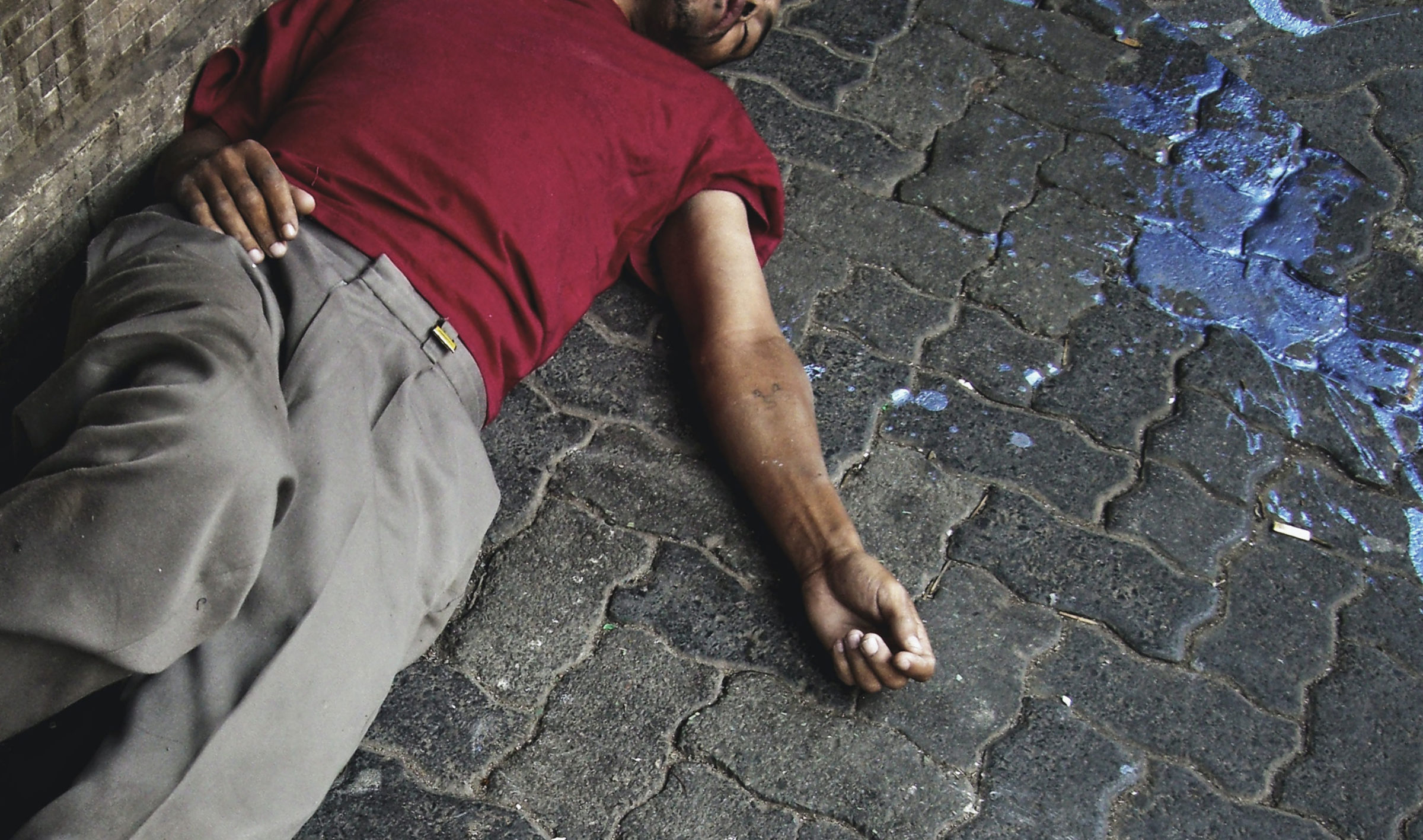
The Harm in “Harm Reduction”

Chaos by the Bay
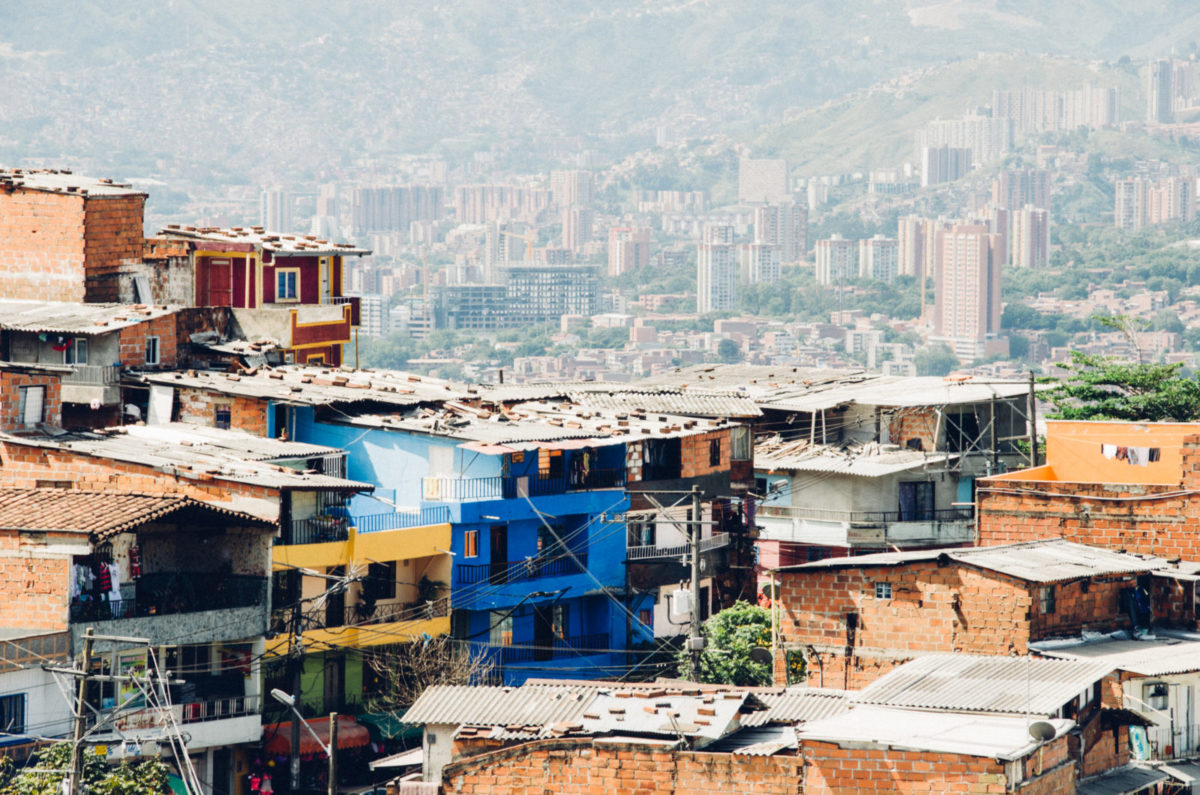
The New Favelas
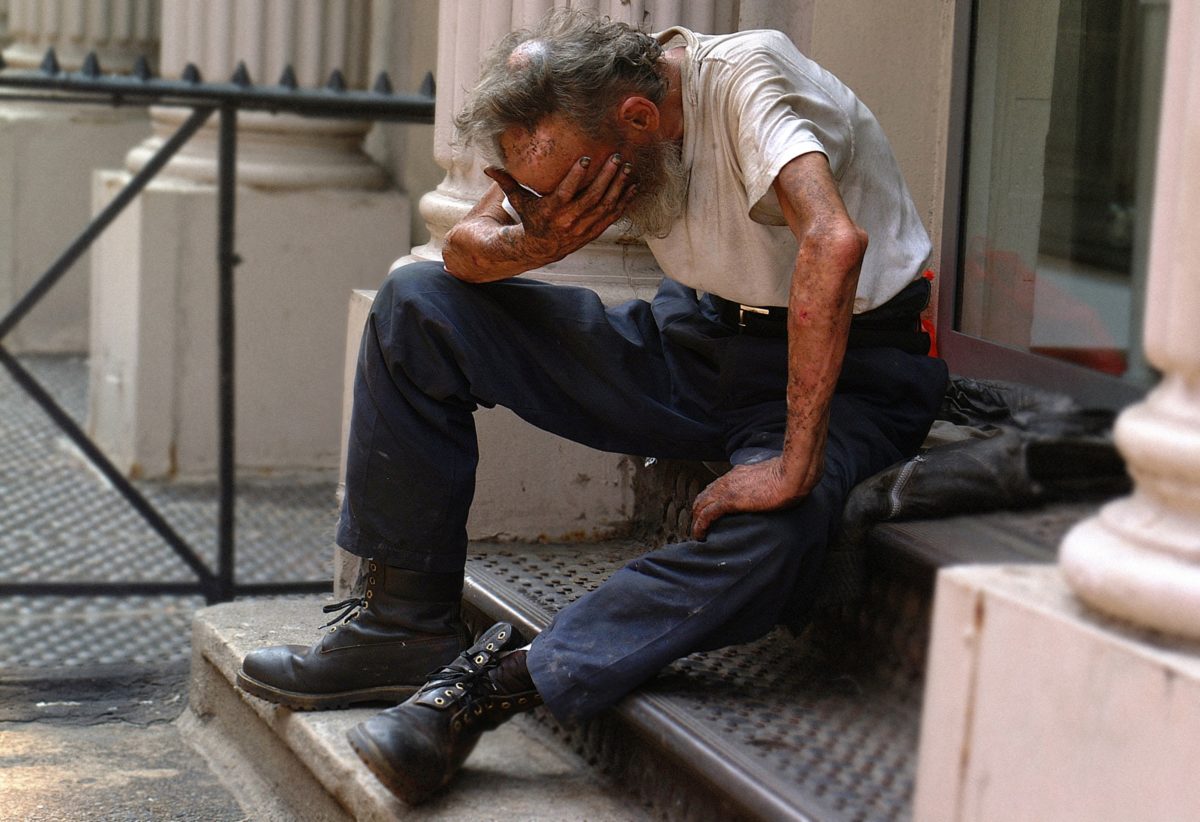
Coronavirus Exposes How West Coast Progressives Failed the Homeless
The coronavirus has changed almost every facet of American life. It has disrupted work routines, sent children home from school, and stress-tested the global supply chain.
Medical researchers have warned for weeks that the new coronavirus, which causes the disease COVID-19, is particularly dangerous to seniors and those with underlying health conditions.
But in West Coast cities such as Seattle, San Francisco, and Los Angeles, public authorities are quickly discovering another potential tinderbox for infection: homeless encampments.
This has caused significant political discomfort. Three weeks ago, when Seattle radio host Jason Rantz warned about the potential for an outbreak within homeless encampments, progressive activists slammed him as a “fascist” hoping to set up concentration camps for the most vulnerable.
Read More ›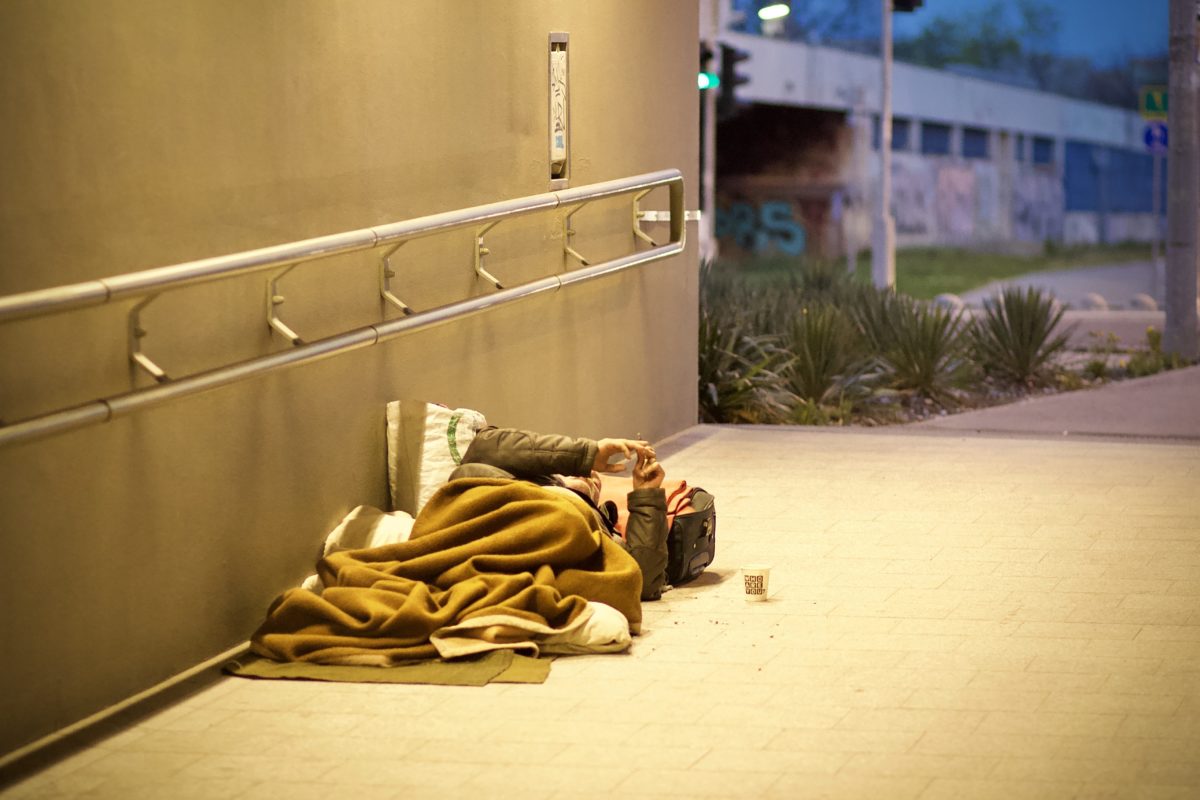
Plot Twist
In recent years, discussion about homelessness has been circumscribed around a set of premises acceptable to progressive opinion. The homeless were thrown onto the streets, we’re told, because of rising rents, heartless landlords, and a lack of economic opportunity. Activists, journalists, and political leaders have perpetuated this line of reasoning and, following it to its conclusion, have proposed investing billions in subsidized housing to solve homelessness.
But new data are undermining this narrative. As residents of West Coast cities witness the disorder associated with homeless encampments, they have found it harder to accept the progressive consensus—especially in the context of the coronavirus epidemic, which has all Americans worried about contagion. An emerging body of evidence confirms what people see plainly on the streets: homelessness is deeply connected to addiction, mental illness, and crime.
Read More ›